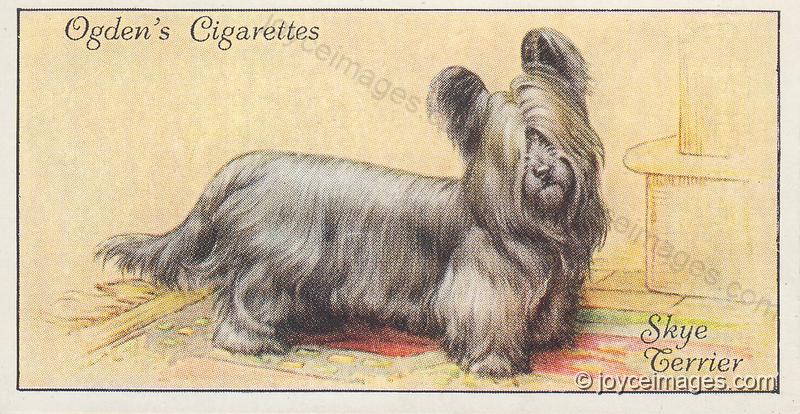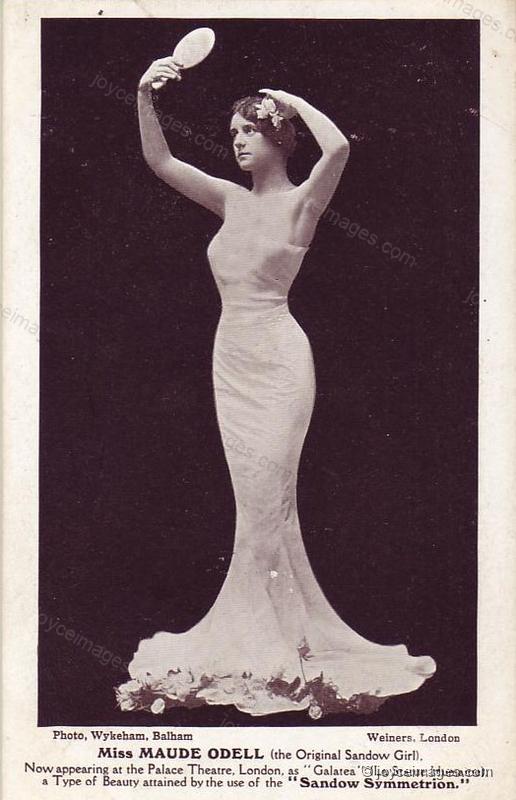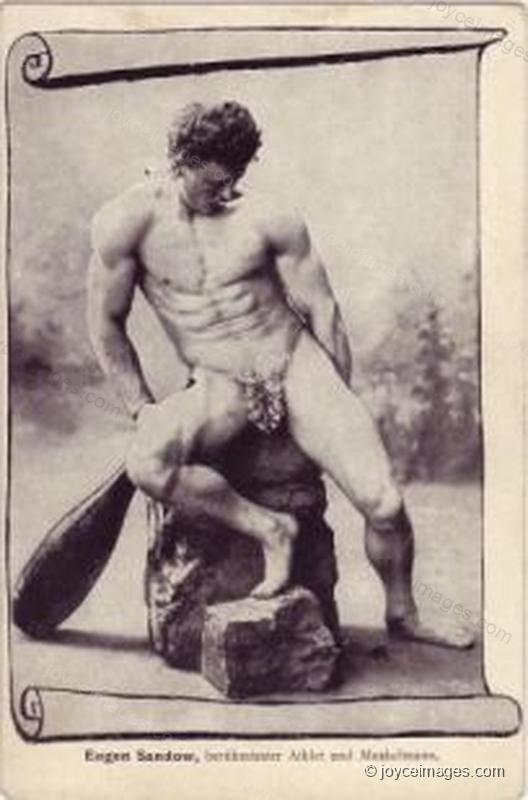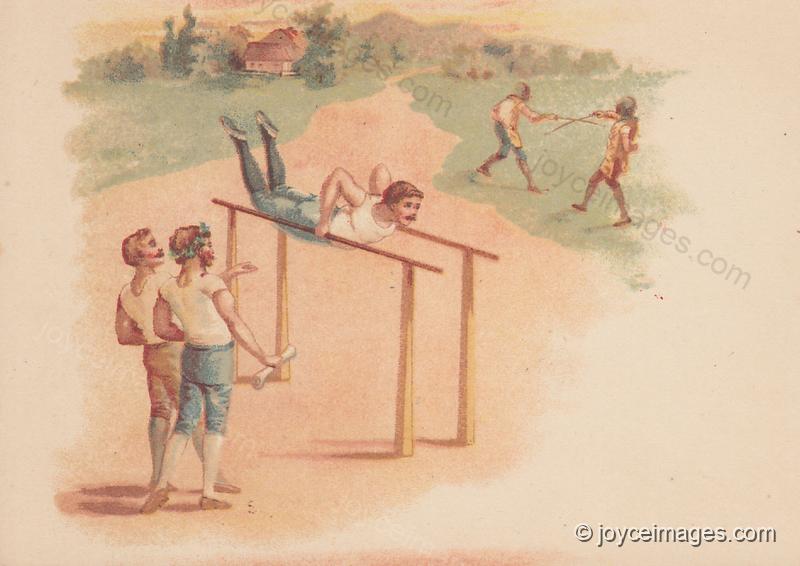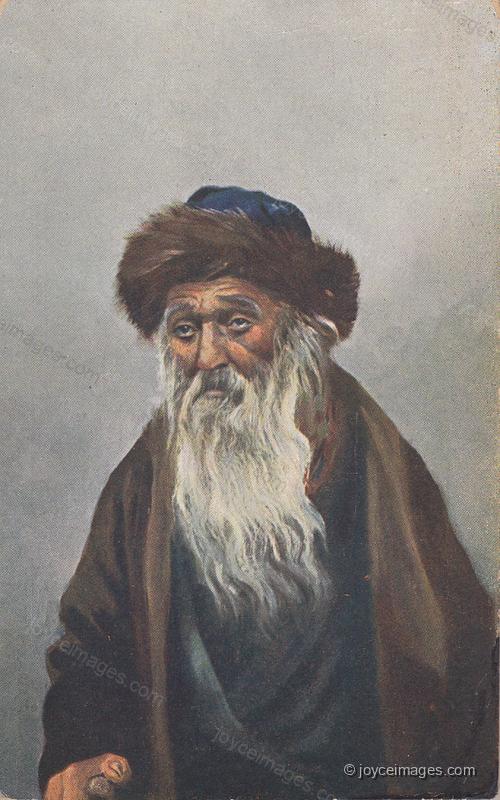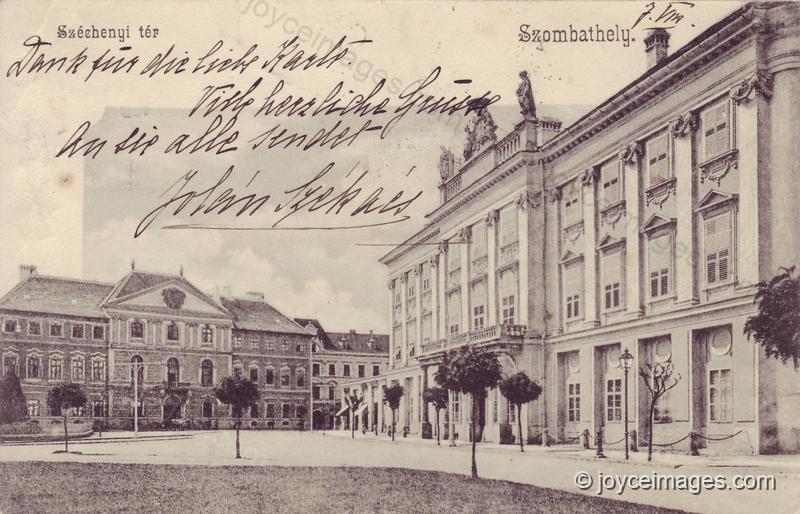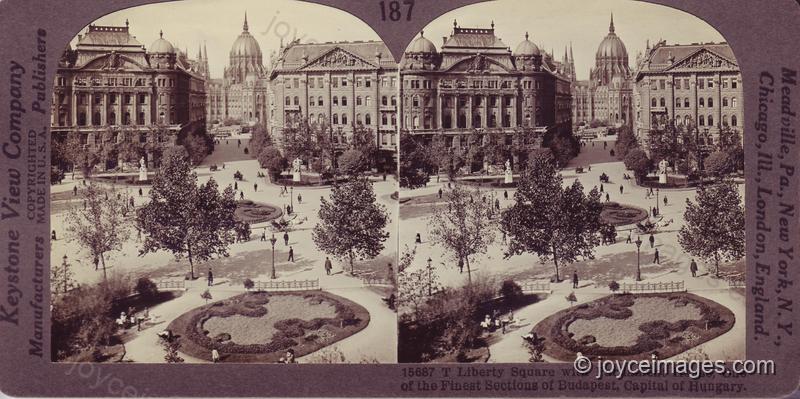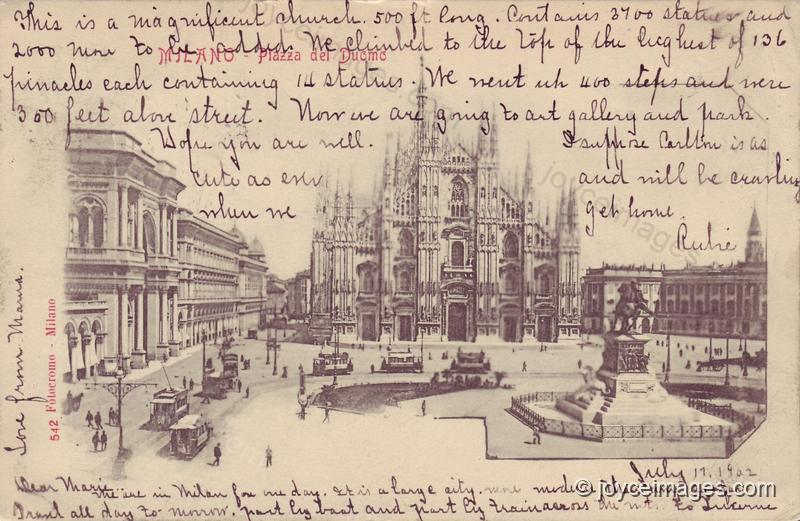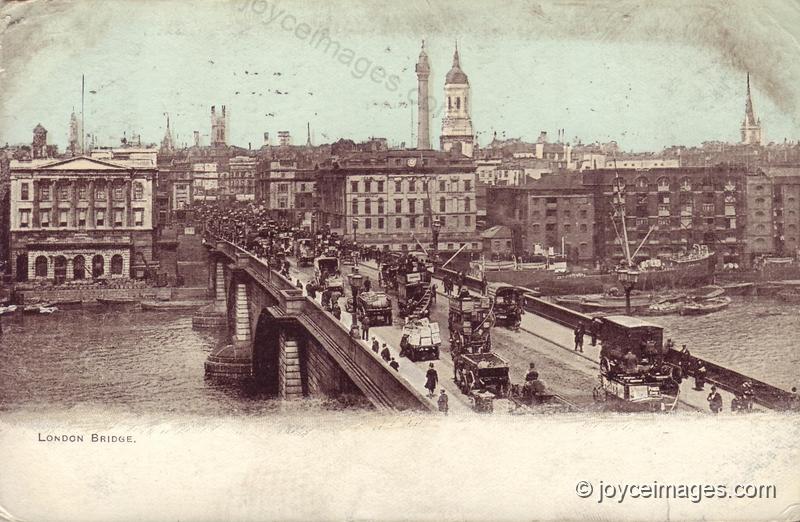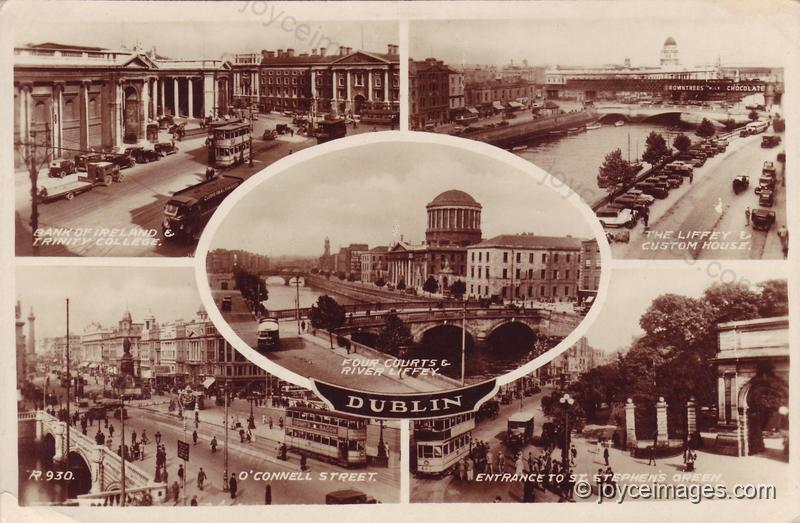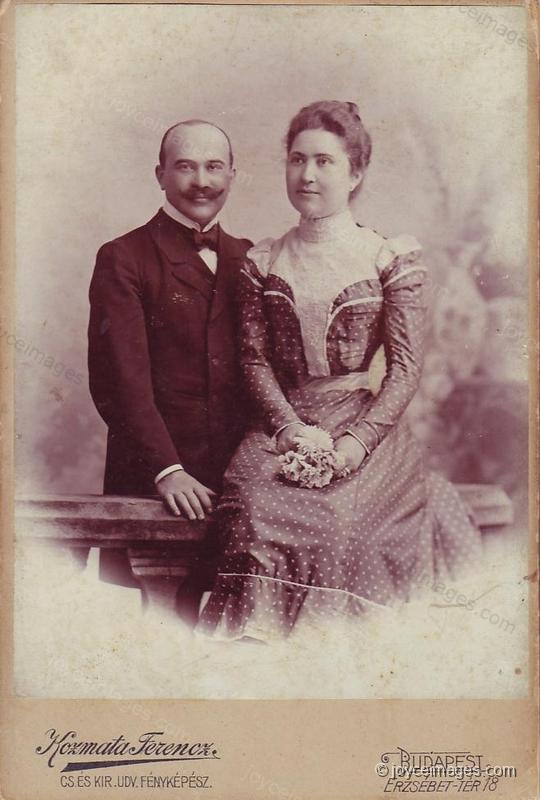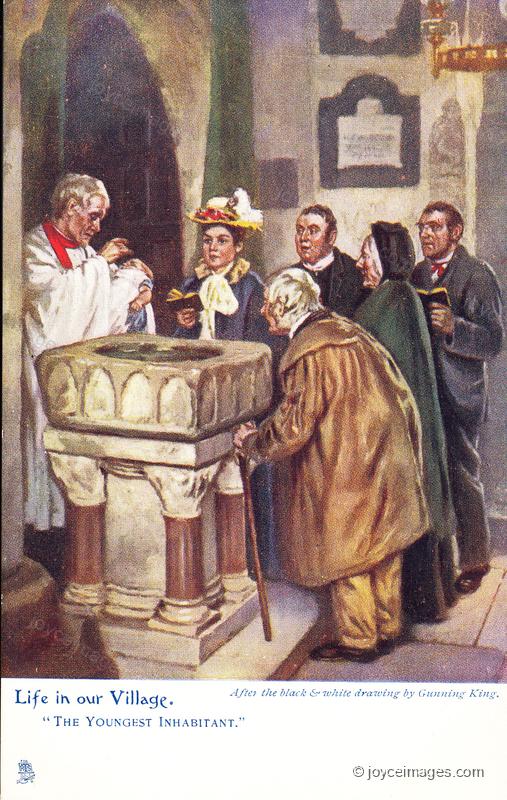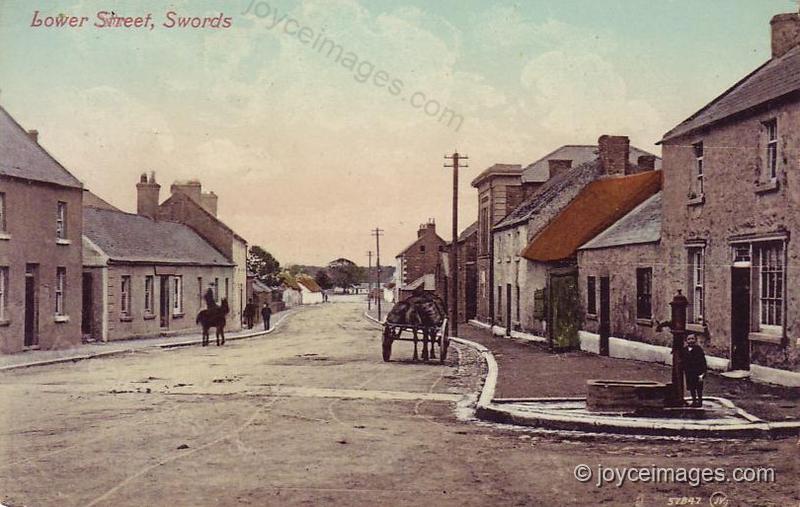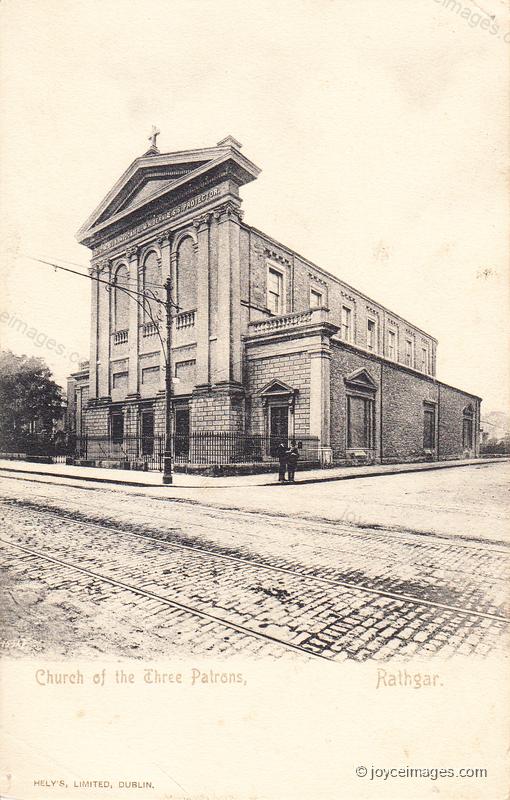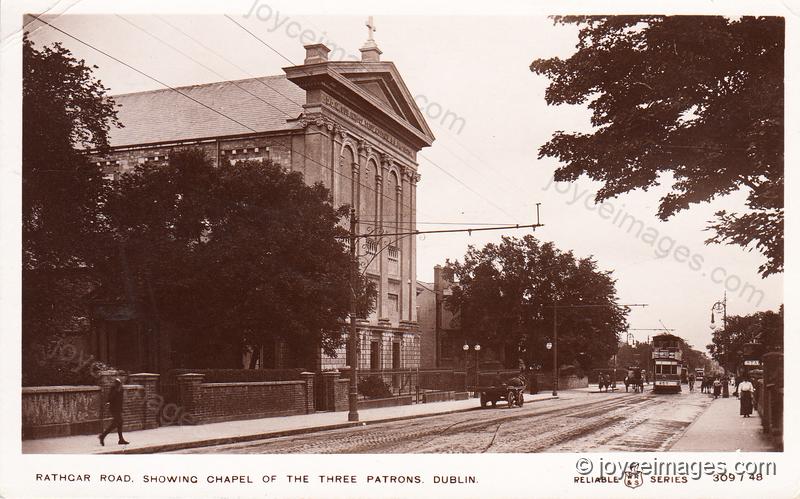"her Skye terrier, her suppositious wealth, her lapses of responsiveness and incipient catarrhal deafness: the younger, her lamp of colza oil before the statue of the Immaculate Conception, her green and maroon brushes for Charles Stewart Parnell and for Michael Davitt, her tissue papers." (U15.504)
"Were there no means still remaining to him to achieve the rejuvenation which these reminiscences divulged to a younger companion rendered the more desirable?
The indoor exercises, formerly intermittently practised, subsequently abandoned, prescribed in Eugen Sandow's Physical Strength and How to Obtain It which, designed particularly for commercial men engaged in sedentary occupations," (U17.509)
The Sandow method was advertised for both men and women, and included charts and advise for children as young as 7 years.
The indoor exercises, formerly intermittently practised, subsequently abandoned, prescribed in Eugen Sandow's Physical Strength and How to Obtain It which, designed particularly for commercial men engaged in sedentary occupations," (U17.509)
The Sandow method was advertised for both men and women, and included charts and advise for children as young as 7 years.
"were to be made with mental concentration in front of a mirror so as to bring into play the various families of muscles and produce successively a pleasant rigidity, a more pleasant relaxation and the most pleasant repristination of juvenile agility." (U17.515)
Sandow (p.13) states: "It is desirable to exercise before a looking glass. For you can thus follow the movements of the various muscles; and to see the muscles at work, and to mark their steady development, is itself a help and a pleasure."
Sandow (p.13) states: "It is desirable to exercise before a looking glass. For you can thus follow the movements of the various muscles; and to see the muscles at work, and to mark their steady development, is itself a help and a pleasure."
"Had any special agility been his in earlier youth?
Though ringweight lifting had been beyond his strength and the full circle gyration beyond his courage yet as a High School scholar he had excelled in his stable and protracted execution of the half lever movement on the parallel bars in consequence of his abnormally developed abdominal muscles.
Did either openly allude to their racial difference?
Neither." (U17.519)
Though ringweight lifting had been beyond his strength and the full circle gyration beyond his courage yet as a High School scholar he had excelled in his stable and protracted execution of the half lever movement on the parallel bars in consequence of his abnormally developed abdominal muscles.
Did either openly allude to their racial difference?
Neither." (U17.519)
"What, reduced to their simplest reciprocal form, were Bloom's thoughts about Stephen's thoughts about Bloom and about Stephen's thoughts about Bloom's thoughts about Stephen?
He thought that he thought that he was a jew whereas he knew that he knew that he knew that he was not." (U17.527)
He thought that he thought that he was a jew whereas he knew that he knew that he knew that he was not." (U17.527)
"What, the enclosures of reticence removed, were their respective parentages?
Bloom, only born male transubstantial heir of Rudolf Virag (subsequently Rudolph Bloom) of Szombathely," (U17.532)
Bloom, only born male transubstantial heir of Rudolf Virag (subsequently Rudolph Bloom) of Szombathely," (U17.532)
"and of Ellen Higgins, second daughter of Julius Higgins (born Karoly) and Fanny Higgins (born Hegarty). Stephen, eldest surviving male consubstantial heir of Simon Dedalus of Cork and Dublin and of Mary, daughter of Richard and Christina Goulding (born Grier)." (U17.536)
"Had Bloom and Stephen been baptised, and where and by whom, cleric or layman?
Bloom (three times) by the reverend Mr Gilmer Johnston M.A., alone, in the protestant church of Saint Nicholas Without, Coombe," (U17.540)
Bloom (three times) by the reverend Mr Gilmer Johnston M.A., alone, in the protestant church of Saint Nicholas Without, Coombe," (U17.540)
"by James O'Connor, Philip Gilligan and James Fitzpatrick, together, under a pump in the village of Swords," (U17.543)
